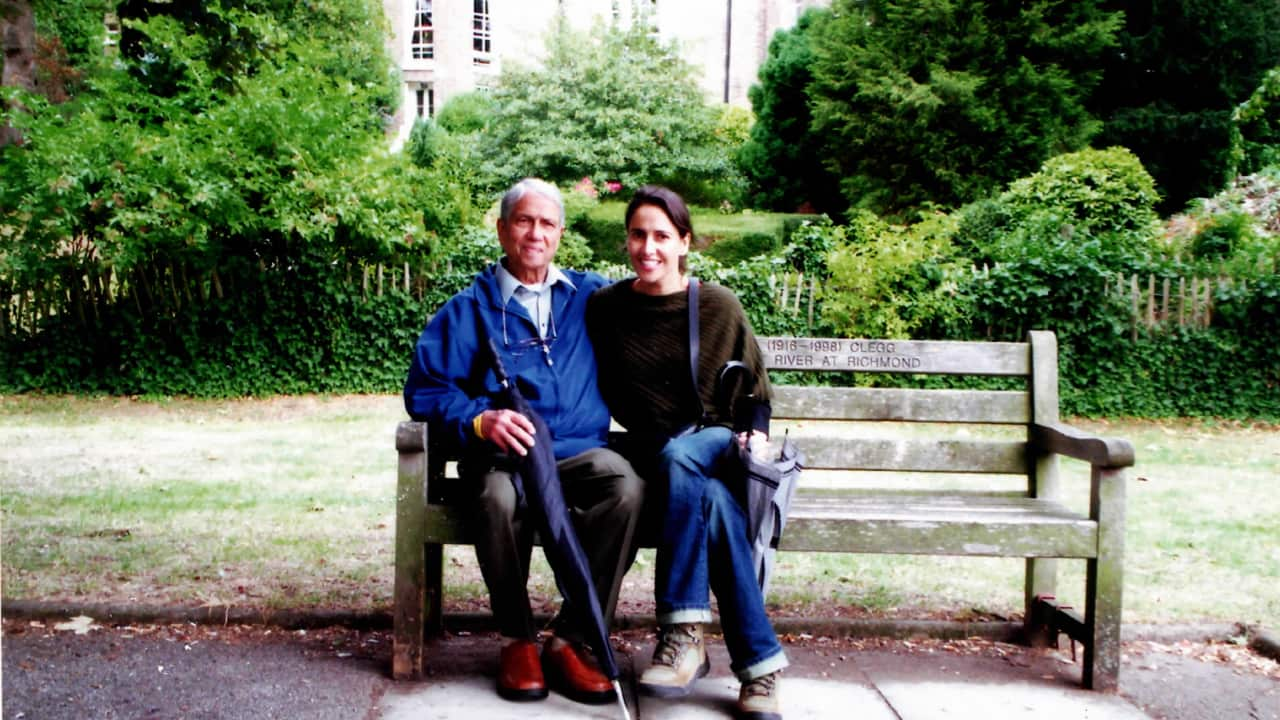Dying without a will can lead to a large portion of your assets being claimed by government agencies, as well as disputes among loved ones.
This holiday season, legal experts say people in Australia should take some time out to write a will and remove any future legal and financial burden from others.
A will is a legal document stating what you want to happen to your assets when you die.
An asset can be anything you own that adds financial value, such as your home, car, possessions such as jewellery or art, and money in your bank accounts.
You'll need to subtract any liabilities, which are debts you owe, such as a remaining mortgage or balances on credit cards and loans.
A will forms part of what's called an 'estate plan' which protects your family and loved ones who may need access to any assets or investments you may have after you die.
In your will, you can state things like how you want your assets shared, who will look after your children if they're still young, how much money you'd like to give to charity, and plans for your funeral.
Who needs a will and why?
Brendan Rothschild, principal solicitor at Brendan Rothschild Legal Group (BRLG), told SBS News that it gets more important with age, everyone over 18 should write a will.
"It's a sliding scale; the older you get, the more beneficial it is," he said.
"Solicitors usually advise that everyone should have a will, or at least anyone who has any assets."
Wills written by people under 18 usually aren't legally binding and are considered an "aspirational document", he said.
The Law Society of New South Wales advises people under 18 require court approval.
Dying without a will is called dying 'intestate'. The Australian Securities and Investments Commission (ASIC), Australia's financial services regulator, estimates that nearly half of Australians die intestate.
Which relative then receives the deceased's estate follows a set order.
Mr Rothschild said government agencies can take up to 30 per cent of an estate if the deceased hasn't written a will.
"Most people don't want that extent of their estate being donated to the government," he said.
But Queensland-based Nautilus Law Group advises: "Only in the circumstance where the deceased is not survived by a spouse, child, parent, brother, sister, grandparent, aunt, uncle, niece, nephew or cousin ... does the government become entitled to the residue of the estate".
The cost of writing a will can be kept low and you don't necessarily need legal support.
"There is a law that says a will written on a napkin is considered a valid will," Mr Rothschild said, but hiring a solicitor to advise and witness a will can help mitigate complications or legal disputes in the future.
If you choose not to work with a solicitor, you can engage a 'public trustee' or statutory authority. A public trustee may not charge if you're a pensioner, aged over 60, or if you nominate them to be your executor.
An executor is a person or institution appointed to carry out the terms of a will.
, a federal government and ASIC website, advises that the rules vary between states so it is best to start at the Public Trustee office website for where you live:
You can also buy online will kits to write your will yourself.
If you go down this road, ASIC recommends getting it checked by a solicitor or Public Trustee to ensure it's been done properly and isn't invalid.
ASIC also recommends putting your will in a safe place and telling someone close to you where it is.
Aaron Zelman, joint CEO of online will service Willed, said people often make the most of the summer holiday period to write a will.
"People have more time on their hands," he said. "They just want to get things organised, and have that peace of mind."
He said writing a will online is becoming a trend: "There are tens of thousands of people who are writing Wills online."
"They still have to draft their wishes, print out the will and obviously sign it according to the instructions, but that can create a legally valid will."
What's a power of attorney?
A power of attorney is where you give someone else the legal right to look after your affairs for you in a document.
In Australia, there are three main kinds:
- A general power of attorney allows someone to make financial and legal decisions for you. It's usually for a specified time, for example, if you're overseas and can't manage your affairs at home. If you become unable to make decisions yourself, a general power of attorney becomes invalid.
- An enduring power of attorney allows someone to make financial and legal decisions for you. If you become unable to make decisions yourself, an enduring power of attorney will still be valid.
- A medical power of attorney allows someone to make medical decisions for you if you ever become unable to do so yourself.
Moneysmart.gov.au also advises it's important to update your will if something significant in your changes in your life, such as you get married or divorced, have children or grandchildren, have a change in your financial situation, or your spouse or a person named in your will dies.
Writing a will in Australia is more complicated for migrants but the government has entered the Convention Providing a Uniform Law on the Form of an International Will 1973, which came into effect in 2015.
The convention seeks to "harmonise and simplify proof of formalities for wills that have international characteristics", according to the Attorney General's office.
It does this by setting up a uniform law introducing a new form of will, known as an 'international Will', which is recognised as a valid form in all countries that are party to the convention. More information about the convention is available on the .
This article provides a general overview of wills and should not be considered legal advice.
Clarification: This article has been updated to acknowledge people under 18 can have a will with court approval, and to clarify what happens if you die without a will.












